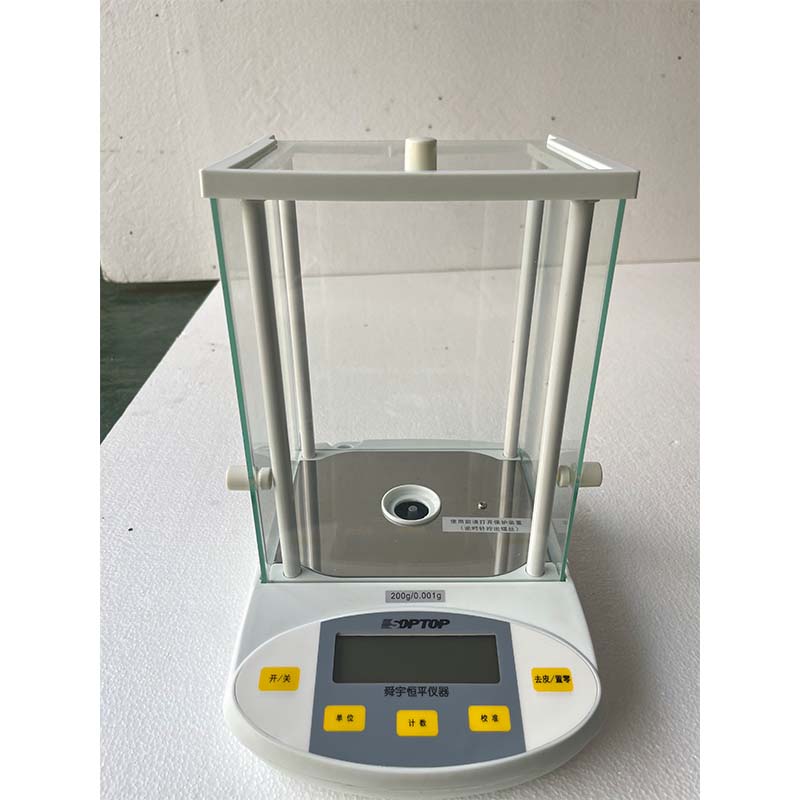metal tensile tester manufacturer
Understanding Metal Tensile Testers The Key to Quality Control in Manufacturing
In the realm of material science and manufacturing, the importance of testing the mechanical properties of metals cannot be overstated. Among the various testing methods, tensile testing serves as a fundamental procedure that assesses how materials behave under tension and determines their strength, ductility, and overall durability. At the heart of this process lies the metal tensile tester, an essential instrument used by manufacturers across a diverse range of industries.
What is a Metal Tensile Tester?
A metal tensile tester, often referred to as a tensile testing machine or tensile test apparatus, is designed to evaluate the tensile strength of various metal materials. This device applies a controlled force to a sample specimen until it deforms or breaks, measuring the material’s response to stress and strain. The data gleaned from these tests is crucial for quality assurance, ensuring that materials meet specified standards before going into production.
The Importance of Tensile Testing
Tensile testing is critical for a variety of reasons. First and foremost, it enables manufacturers to confirm that the metal they are working with possesses adequate strength and flexibility for its intended use. For instance, materials used in the automotive or aerospace industries must withstand extreme conditions. Failing to meet these necessary standards can lead to catastrophic failures, resulting in safety hazards and significant financial loss.
Secondly, tensile testing provides valuable information on the material’s mechanical properties, such as yield strength, ultimate tensile strength, elongation, and modulus of elasticity. This information helps engineers design components that are not only strong but also lightweight and cost-effective, optimizing overall performance and efficiency.
Key Features of a Quality Metal Tensile Tester
When considering the purchase of a metal tensile tester, several features should be evaluated.
1. Capacity and Range Different applications require different testing capacities. A quality tensile tester should accommodate a wide range of materials, from soft metals like aluminum to high-strength alloys.
metal tensile tester manufacturer

2. Precision and Accuracy The reliability of tensile test results depends heavily on the machine’s ability to deliver precise measurements. High-quality testers employ advanced technology, including digital displays and sophisticated sensors, to ensure accurate results.
3. Ease of Use User-friendly interfaces and easy setup processes can significantly improve workflow efficiency in a manufacturing environment. Automated systems that offer simplified data capture and analysis are particularly beneficial.
4. Versatility Many modern tensile testers offer the ability to conduct other types of mechanical testing, such as compression and shear tests. This versatility can save time and reduce costs by minimizing the need for multiple individual testing machines.
5. Software Integration Robust software packages that accompany tensile testers allow for comprehensive data analysis and reporting. This software can often be integrated into existing quality control systems, enhancing overall operational efficiency.
Selecting the Right Manufacturer
When investing in a metal tensile tester, selecting the right manufacturer is crucial. Reputable manufacturers will have a history of providing reliable and innovative testing solutions, backed by strong customer support. Additionally, they should offer calibration and maintenance services, ensuring that the equipment continues to function optimally throughout its lifespan.
Researching various manufacturers, reading customer reviews, and seeking industry recommendations can help in making an informed decision.
Conclusion
In summary, a metal tensile tester is a vital tool in ensuring the quality and safety of metal materials in manufacturing processes. The insights gathered from tensile tests guide engineers and manufacturers in creating reliable and durable products. As industries continue to evolve and demand more advanced materials, the role of metal tensile testers remains critical—acting as gatekeepers of quality and performance. Investing in high-quality tensile testing equipment and partnering with reputable manufacturers is essential for any company aiming for excellence in product development and safety compliance.
-
reliable-performance-testing-with-advanced-aging-chamber-solutions
NewsAug.23,2025
-
advancing-precision-with-profile-projector-technology
NewsAug.23,2025
-
uv-led-ultraviolet-crosslinking-technology-innovation-and-prospects
NewsAug.23,2025
-
ensuring-safety-and-compliance
NewsAug.23,2025
-
electrical-properties-testing-in-modern-applications
NewsAug.23,2025
-
universal-tensile-testing-machine-applications-in-modern-electrical-and-material-testing
NewsAug.23,2025
 Copyright © 2025 Hebei Fangyuan Instrument & Equipment Co.,Ltd. All Rights Reserved. Sitemap | Privacy Policy
Copyright © 2025 Hebei Fangyuan Instrument & Equipment Co.,Ltd. All Rights Reserved. Sitemap | Privacy Policy

